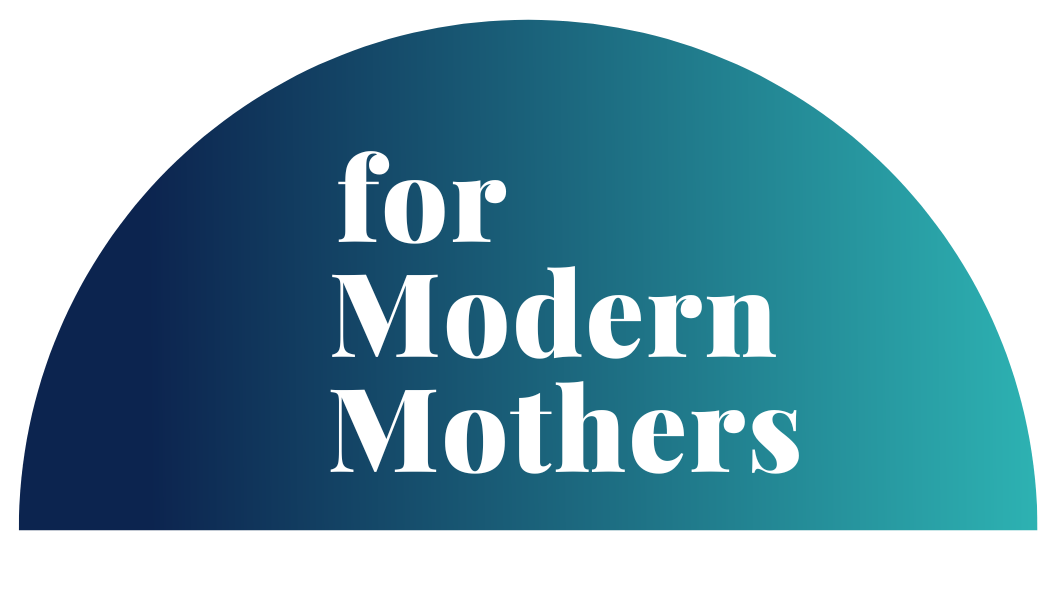Breastfeeding Myth #2 - Coffee
The next in my ‘Breastfeeding Myths’ mini series of posts. Giving you information so you can make the right informed decisions for YOU.
There are no hard and fast rules about how your baby will be effected by caffeine. Just like adults some babies seem to be more affected by it than others. Caffeine does transfer to your breastmilk, but the good news is not in huge amounts. Although it can differ slightly, only around 1% of what you drink will get into your milk. So if you are having one or two small cups of coffee, it is really unlikely to affect your baby (small cups that is, 80 mg caffeine) - not huge ones you have to lift with both hands with 10 shots it (although you may feel like you need it some days!).
Babies become more able to deal with caffeine as they get older. Very young babies may take over 80 hours to metabolise any caffeine they get, so your newborn baby might be affected. However as they get bigger and more developed, they get much better at getting rid of it and by the time they are 6 months old they’ll have metabolised it in as little as two or three hours.
It will also enter and leave your breastmllk (just like alcohol - see previous post here) without you having to ‘pump and dump’. Peak levels of caffeine can be found in your milk roughly an hour after you consume it, so if you are the type of person to just have a morning coffee, have it soon after feeding your baby.
It is unlikely that unless you are consuming over 750 mg of caffeine a day that your baby will be effected. That’s equivalent to around five cups of coffee - depending on the size of the cup again (1.5 large coffee chain cups can put you at 750 mg).
Of course caffeine is found in other drinks and foods, not just coffee (I’m just slightly coffee obsessed myself!!). This includes tea (and green tea too), sports drink like red bull and even some bottled waters too. Do also check herbal remedies and medications for caffeine too. And damn it, chocolate can have quite a lot of caffeine in it too.
If your baby is affected by caffeine they will be fussy, irritable, jittery and may not sleep well. But of course this is based around interpretations of behaviour and could be to do with a whole range of things - including simply being a baby. If you are worried try cutting it out for a week or so and see what happens. With any luck it might not be the caffeine, and depending on how much you drink, you could then try introducing a small amount, or experimenting with the timing of your coffee.
Susan x

